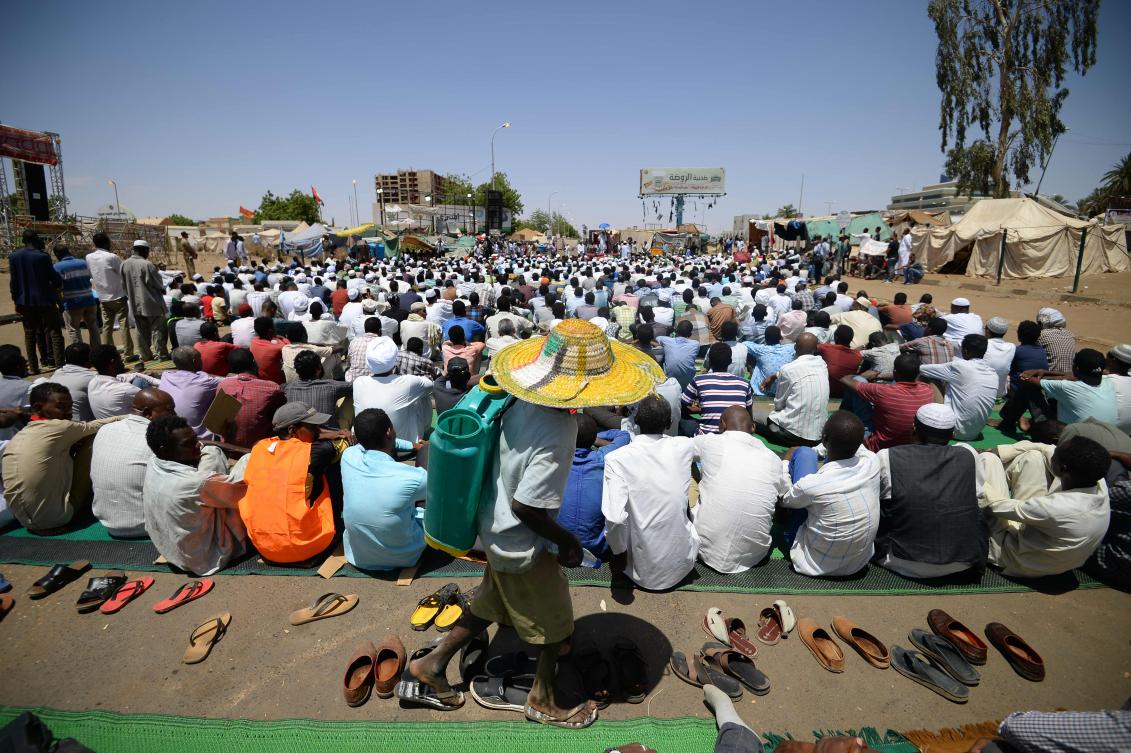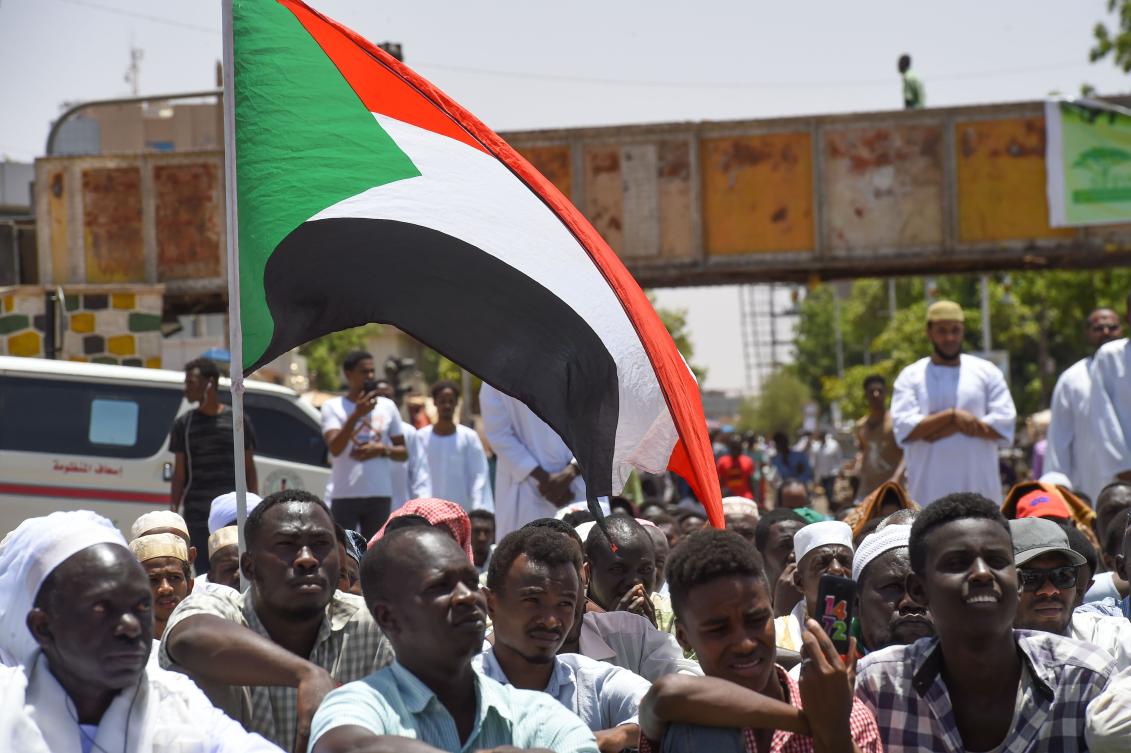Syria says it shot down projectiles fired from Israel
BEIRUT: Loud blasts echoed across Damascus late on Friday, residents said, as Syrian state media reported “enemy targets” coming from the direction of Israel, which has previously acknowledged conducting repeated strikes inside Syria.
Syrian air defences detected objects coming from the direction of “occupied territory” and brought down several, Syrian state television reported a military source as saying.
The state television channel showed footage of the night sky with a point of light firing up into it and the sound of shooting. It did not immediately report casualties or material damage.
There was no immediate comment from Israel, but it has been increasingly open in recent months about targeting sites in Syria that it says are connected to Damascus’ close allies Iran and Hezbollah.
Israel regards Iran as its biggest threat and the Lebanese Shi’ite group Hezbollah as the biggest threat on its border.
The Syrian Observatory for Human Rights, a Britain-based war monitor, said the blasts were caused by Israeli rocket fire targeting areas around the Syrian capital.

Syrian refugees struggle to make ends meet during RamadanIraqi Airways to resume flights to Syria after 8-year break






